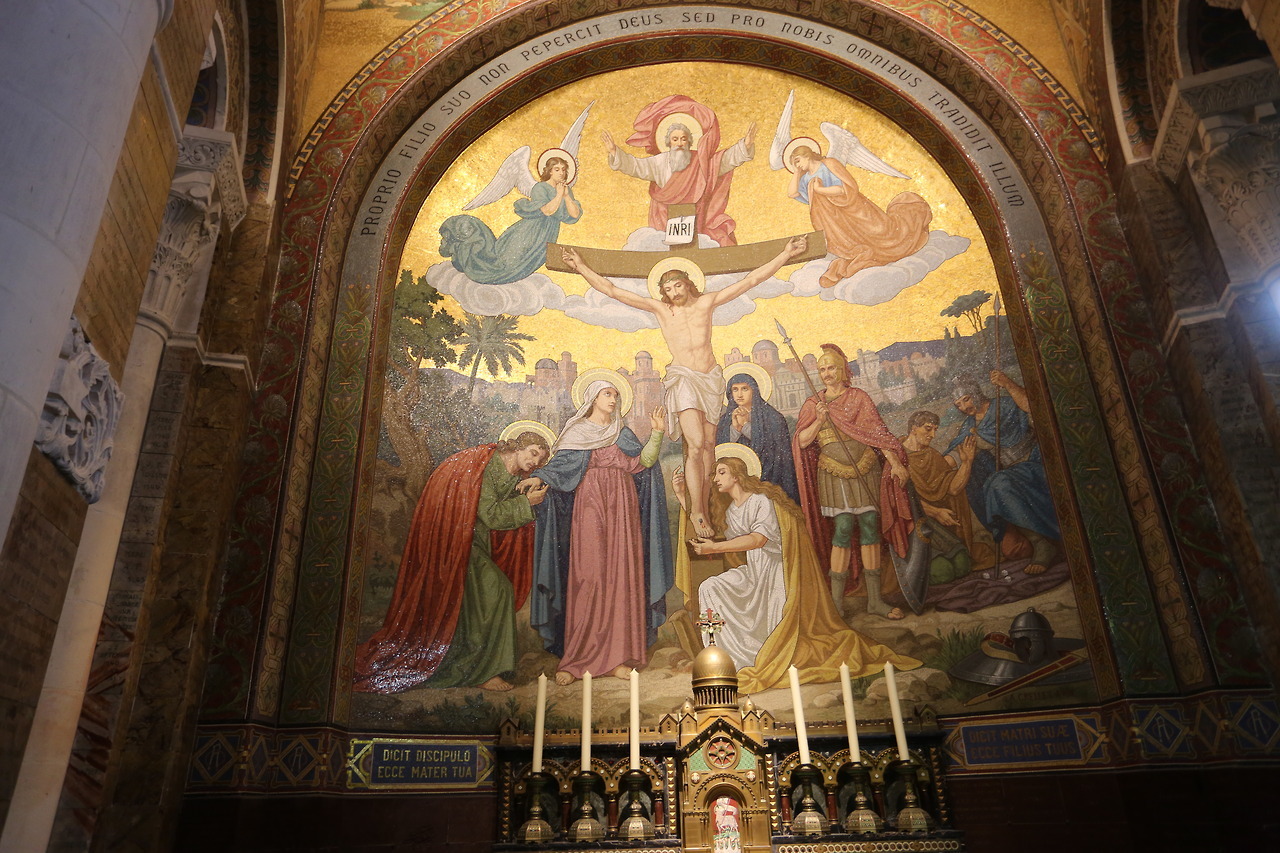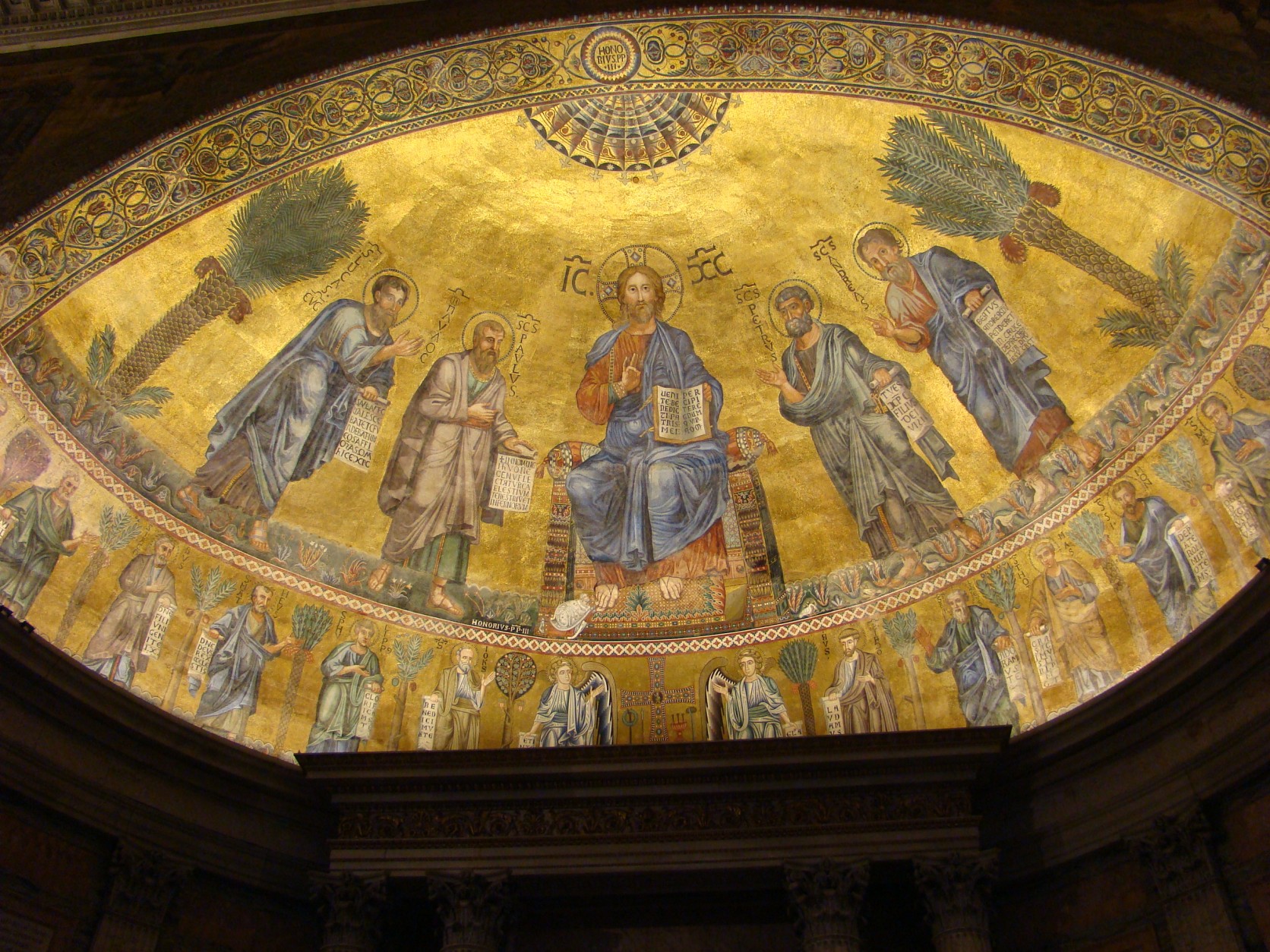Friday 2st Friday of Ordinary time 2018
1 Cor. 1: 17-25; Ps 33; Mt. 25: 1-13
Where is the debater of this age? St. Paul is challenging us with this question. The debater here is not someone who gets in your face and challenges you like we see in some of the media debates where people talk over each other and only get louder to drown out the other. The debater is an “apologist”, someone generally who can speak out in defense of their beliefs. In Christianity it is someone who can speak out in defense of the truths of the Faith.
St. Paul reminds us that being an apologist, defending the truths of Faith does not come from the “wisdom of human eloquence” but from the message of the cross. This reminds me of the joke where two people come out of the church with one saying “he preached so eloquently” and the other responding, “yes, but what did he say?” The message of the cross speaks for itself and directly to the soul if we can be silent and listen to its meaning in our lives in the moment.
The message of the cross is always relevant to our present life. It is a stumbling block to the sinner who seeks justification for their sin. It is foolishness for the proud who desires glory. What the secular world sees as foolishness Jesus used to proclaim salvation for those who have faith. When we speak of the cross it is Jesus on the cross, the crucifix. Mother Angelica from EWTN once stated the cross without Jesus is just a piece of wood. Protestants will question in their apologetics why Catholics keep Jesus on the cross knowing he is risen. What apology would you give? Would it be an apology of excuse such as it is just a church tradition? Would it be a strong apologetic understanding that we remain sinners who inflict pain on Jesus and are in need of greater conversion? Those who argue against the crucifix say not only “he is risen” but he took our sins with him and “once saved always saved”.
I remember attending a diaconal conference and the speaker was a convert to Catholicism. When he was being mentored in the other faith he did a house visit to a new convert with the pastor. The pastor asked the woman they were visiting that now since she had been “saved” if she committed murder would she be losing her salvation. She thought about it for a moment and then responded “yes, I would”. The pastor responded, “No, once saved always saved.” The speaker said he left there agreeing with the woman more than the pastor. This is just one example of where we may be called to respond to our faith and our response does not need eloquence of speech it needs understanding of Jesus on the cross.
Jews demanded signs and Greeks looked for wisdom and today the world continues to seek signs and science based evidence but Christianity is an understanding coming from a personal relationship with a person outside of time who can be both on the cross, in the heart, on the altar and risen. Signs and science come from a primer mover and creator of the signs and science as evidence of the unseen God of the heavens and earth “full of the goodness of the Lord…and all his works are trustworthy”.
“But the plan of the Lord stands forever; the design of his heart, through all generations.” We can choose to enter into the design of his heart or chose the foolishness our own design at our own peril. To have strength to stand before Jesus who bears our sins on the cross we must be vigilant and choose wisely. Then we will be wise and ready to meet the bridegroom and enter the wedding feast.





Recent Comments